Customers have more power today than ever before. Through the Coronavirus pandemic, we saw rapid shifts in the world of work, education, and how customers think about and engage with brands. That, coupled with the Ukraine war, global political and economic instability, and a looming energy crisis is creating the next generation of customer, one that will change the rules for the companies they buy from and the businesses that employ them.
So, what makes them so different as customers and employees?
They will be 100% digital.

Not only because they are living through a digital revolution, but also because during the pandemic they were schooled online, they’ve literally grown up online. They are used to everything being at their fingertips and don’t distinguish between digital and physical marketplaces – think Snapchat, WeChat, Alipay. Traditional industries simply cannot stand up to this digital renaissance. These customers of the future don’t automatically regard traditional institutions as trustworthy. Nor do they consider them an exciting or desirable place to work. Traditional organizations will have to prove they can keep up – or rather keep ahead – digitally to win them over.
Work is an output, not a place.
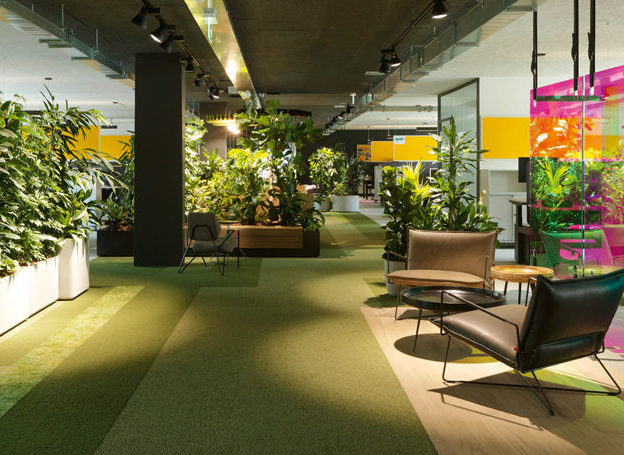
As a result of their digital immersion, Coronials will not see work as a place they go to and the idea of an eight-to-five will, to their minds, be completely ridiculous. Work will be about delivering outputs and achieving outcomes – tell them what you want done and they’ll do it, but don’t tell them when, where, or how they should do it.
They are extremely health-conscious.

Having grown up through the pandemic, they are acutely aware of health and hygiene. They will want to know that wherever they’re going is 100% safe – whether it’s an office or a grocery store, a coffee shop or a park. They will expect a level of cleanliness, efficiency, and hygiene beyond what pre-Covid customers and employees expected.
They want to be heard.
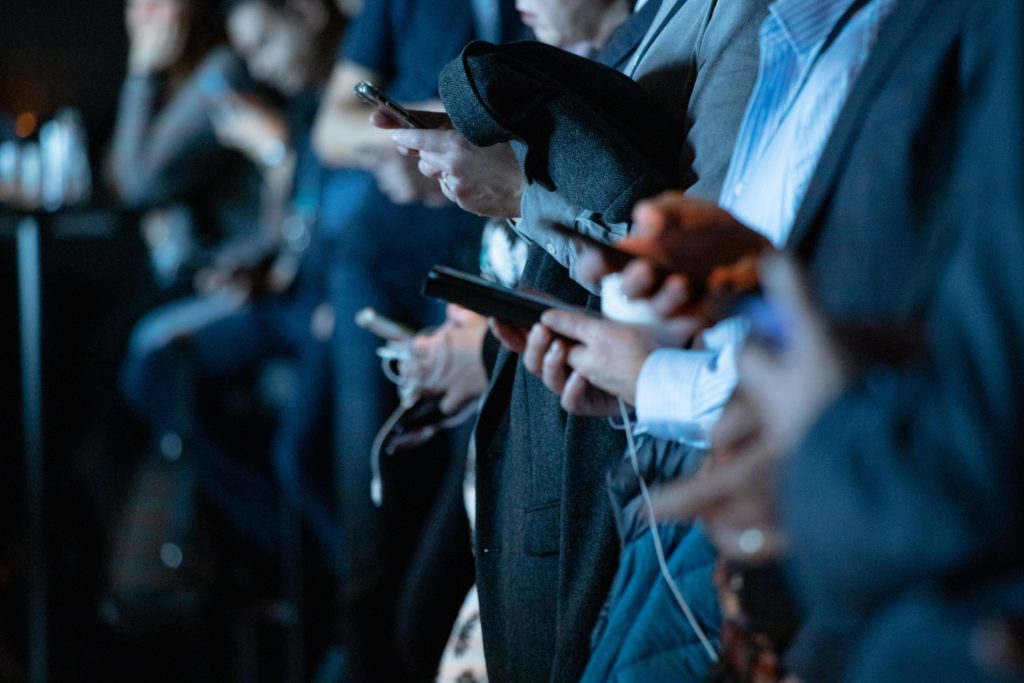
They know their minds and they know how to speak them. They are the generation that can tweet Elon Musk or @POTUS. They understand their power and are unafraid to use it. As an employer, if you try to silence them or dampen their voices, they will only shout louder – don’t tell them there are seven layers of bureaucracy between them and ‘the boss’ because they won’t stand for it. The same is true with a customer lens – they will not tolerate being unfairly treated by brands, they will make their voices heard.
They are impatient, demanding and disloyal.
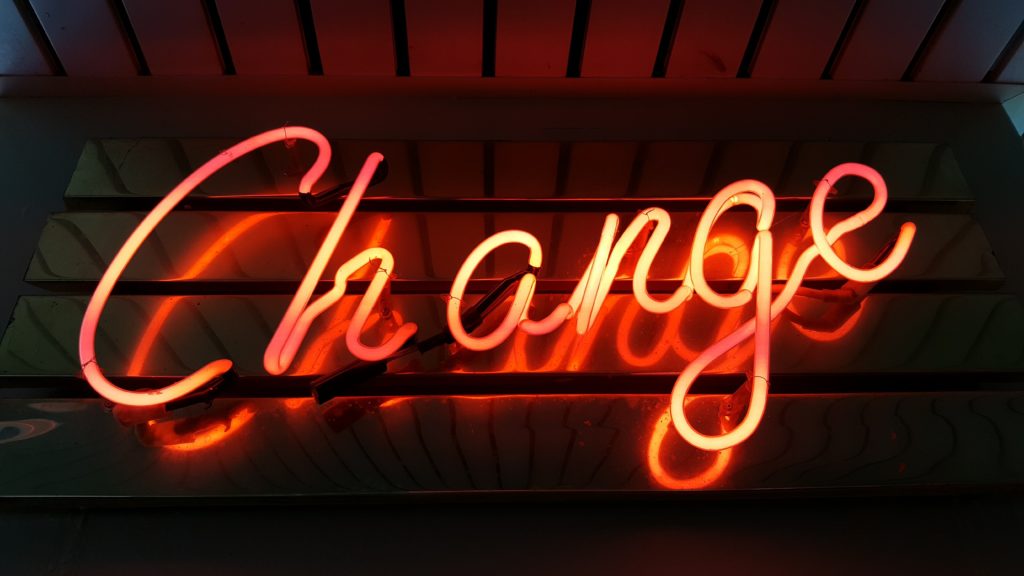
They can see what all of your competitors are doing, they can see the employment conditions elsewhere and if you aren’t matching up, you are going to lose them. If you get them through the door, don’t expect to keep them for life. They will have dozens of careers through the course of their working lives. But, if you provide a positively challenging environment, one in which they can stretch themselves and grow, you are going to get enormous results from them.
They are digital nomads.

As employees they expect to be able to deliver from wherever works best for them and they expect employers to ensure the infrastructure to enable that. Because of this, office spaces must evolve. With fewer employees being ‘office-bound’ the need for rows and rows of ‘desk and chair’ configurations – or worse, cubicles – is a thing of the past. Imagine an office building complete with indoor market gardens, living walls, massive ‘grow towers’ and large expanses of windows ensuring the perfect balance of light. When they need to go to an office, Coronials will expect an environment unlike what we have seen traditionally – they will want light, openness, and fresh air, they will want comfort and flexibility.
For them, speed is a non-negotiable.

In fact, instant gratification is too slow. As customers, they will expect businesses to leverage analytics and anticipate what they want before they even know they want it. One company doing this particularly well is Amazon. They’ve invested heavily in predictive analytics technology and have built incredible profiles of their customers. The true mark of success in this space will be to predict what customers will order next and have it pre-packaged and ready to ship, so as soon as they hit ‘pay’ it will be out the door and on its way.
By ‘Working Backwards from the Customer’, everything Amazon does is designed around the customer’s wants and needs. This will be critically important to delight Coronials, because they know the power they have and they aren’t afraid to use it.
In this connected, youth-driven world, your biggest competitor is not the business like yours, but rather whichever business last best-served your customer, and that could be anyone. What customers will remember is the speed at which they were served, and the accuracy and efficiency of that service. Businesses must stop thinking only of known competitors and start thinking of the marketplace as their competitors of the future.
They will destroy the gender pay-gap.
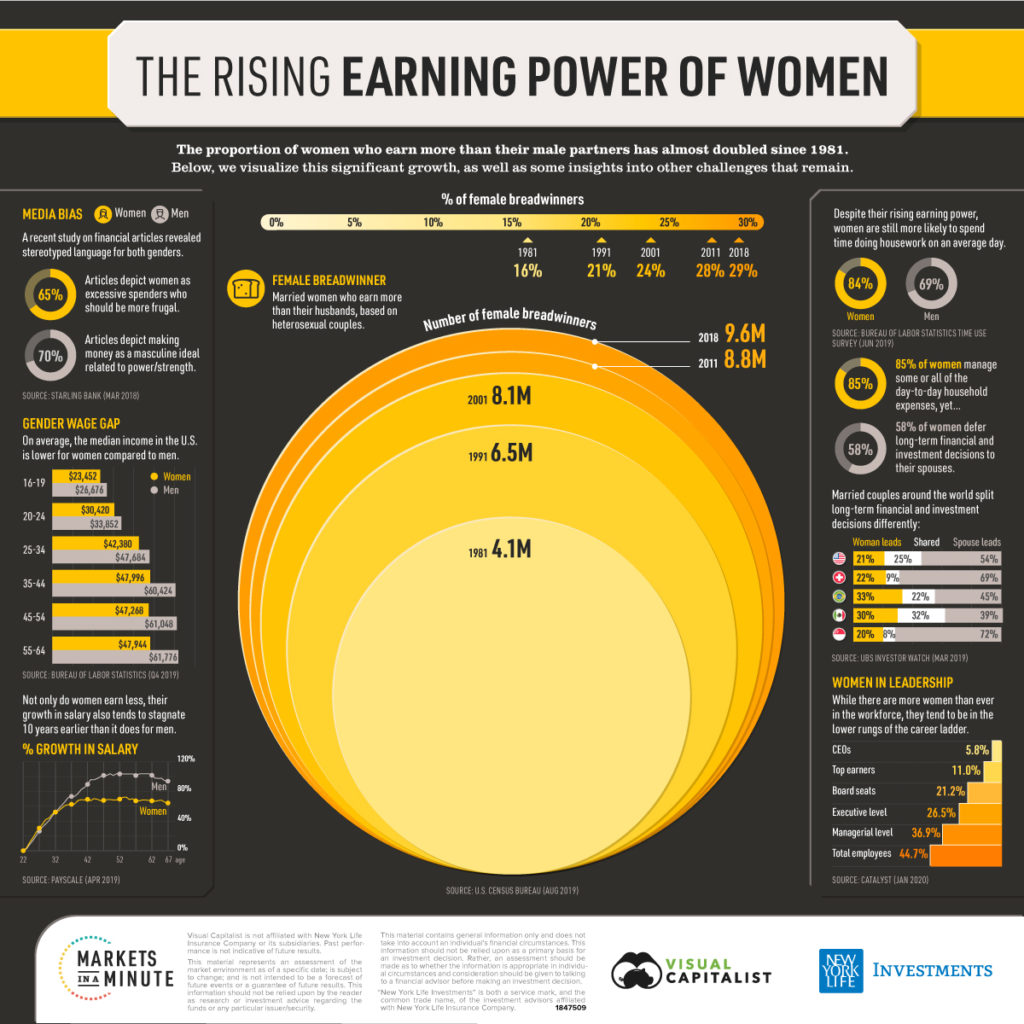
Finally, and as it should be, there will be a global economic rise of women. Over the last 40 years, there has been a significant and steady rise in female earning power, gradually beginning to address the gender pay-gap. In fact, according to visualcapitalist.com, since 1981 the number of women earning more than their male partners has almost doubled. Through the pandemic, we primarily saw mothers stepping into the role of ‘educator’ while children were being online schooled. This will result in a generation with a much greater respect for the intellectual and leadership capabilities of women.
They will view teams differently.
Every generation has viewed team dynamics differently and the Coronials are no different. If employers try to apply a blanket approach to the various generations that make up their teams, or if businesses take a ‘one size fits all’ approach to their customers, the fickle, disloyal Coronials will simply go elsewhere.
They will be all about relationships.

In the past we used to talk about Return on Investment (ROI) and Return on Equity (ROE); in the world of Coronials, we will talk about ROR – Return on Relationships. We have to understand the layers of relationships that exist in the connected world of the Coronials – who’s sleeping with whom, who supports the same football team, whose kids go to the same school, who’s got a grudge against whom? If you apply an industrial age structure to your business, you will not attract, what we call, the ‘Bright Young Things’.
They will lead us, they will guide us

The power has shifted forever. Young people are taking a leading role – they understand the technology and the digital world better than we do. Smart companies are creating shadow boards and shadow executive committees to provide insight and input into critical business decisions. They have a deeper understanding of the fusion between the digital and the physical world that businesses must tap into, if they want to be successful into the future. Digitization is not about building a channel to your market online, it’s about building your business on a digital foundation and no-one understands that better than the Coronials.
They have the ‘Youth-Tech factor’.
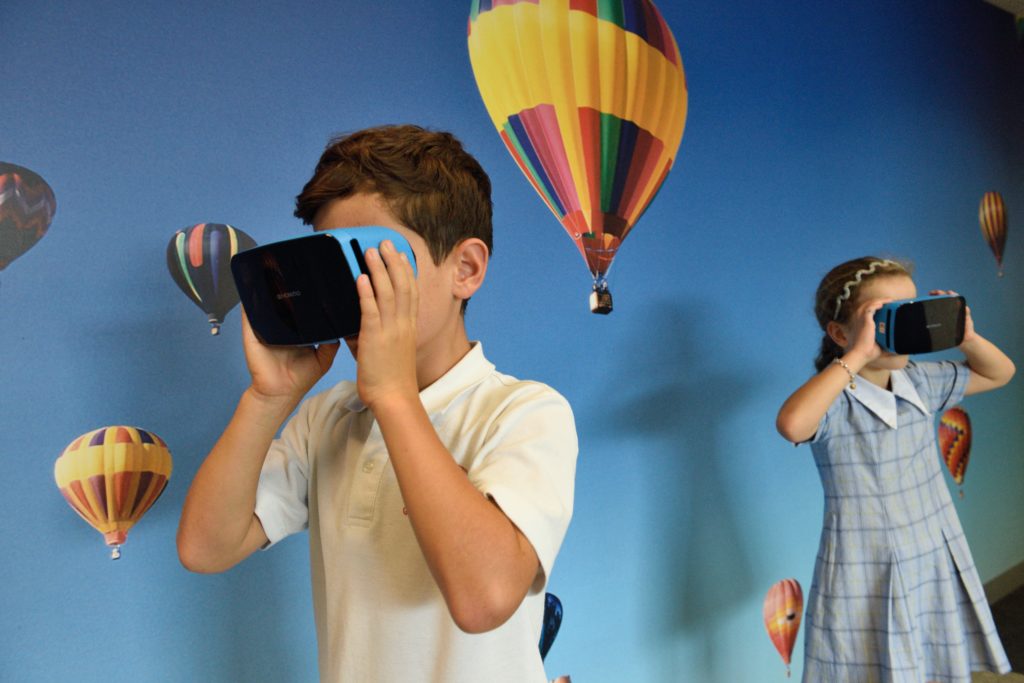
This is a generation of fearless, connected, eyes-wide-open young people with access to the most astonishing technology. This is the biggest driving force behind the shifts we will see in the coming years.
To put the level of connectedness into context, consider for a moment what the biggest population groupings in the world are. You’re probably thinking of China and India. You’re not entirely wrong, but the biggest global population grouping is actually Facebook – China and India are second and third respectively, followed by WhatsApp, WeChat, Instagram, and Tumblr. In fact, in the top 10, there are only 4 countries, the rest are social media apps. Social media is the marketplace of the future and the Coronials are geared to tap into that marketplace better than anyone else.
They will be far from perfect, but so are we. After all, many of the problems they are facing were created by the ‘older generations’. So, as a final piece of advice: listen to the young voices in your organization. Create shadow excos, create forums to ensure you hear what the next generation of leaders has to say. It may be uncomfortable, but change is always uncomfortable. And tomorrow is their world.
- Articles